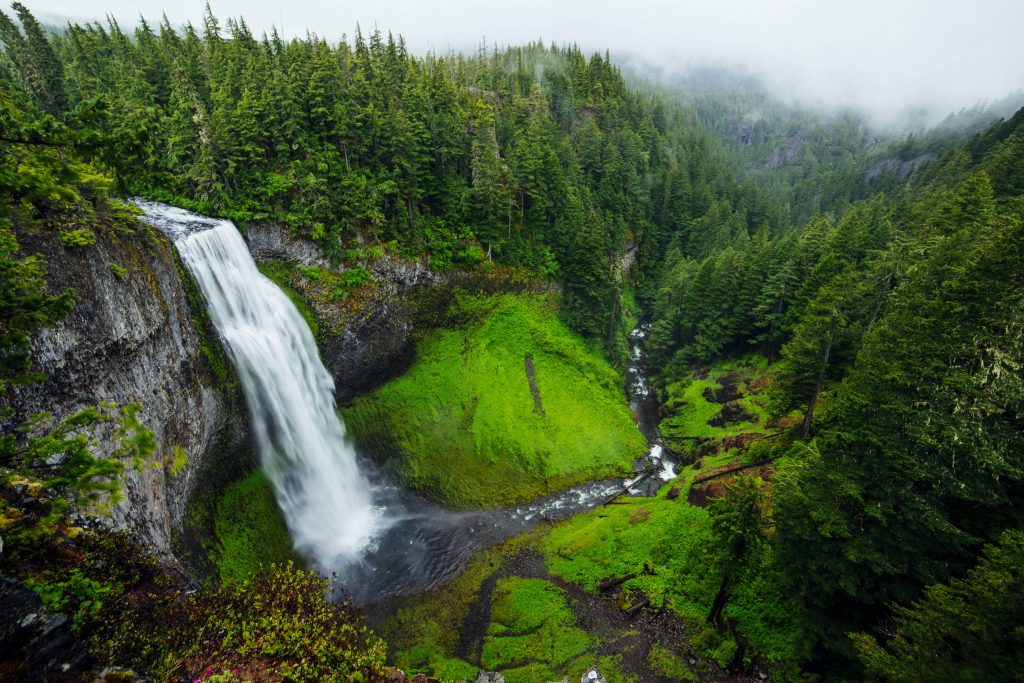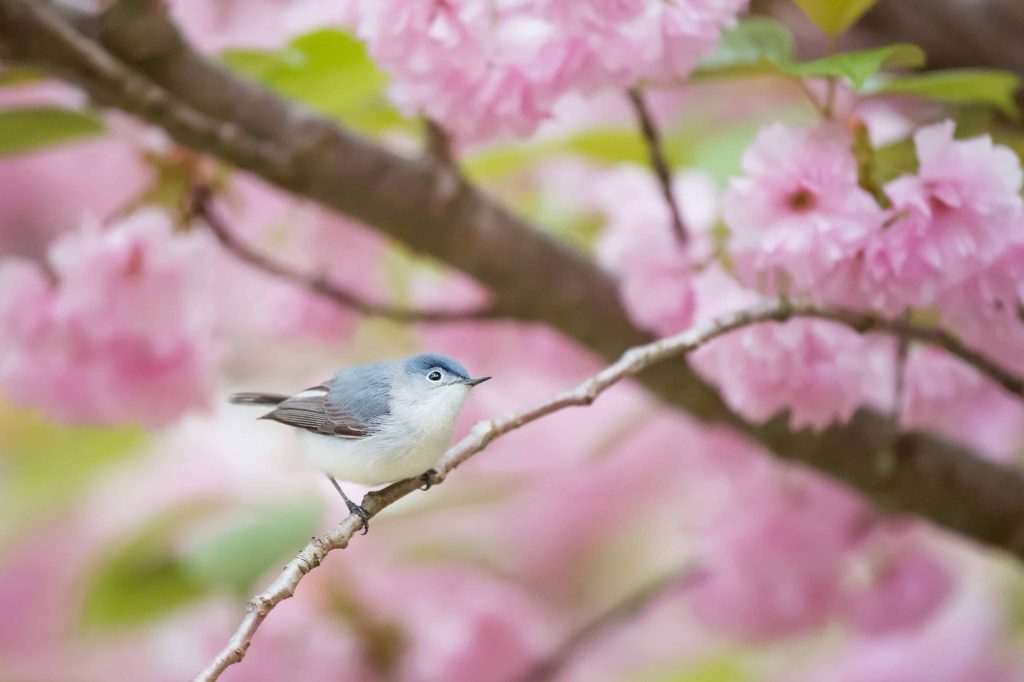
Nature in Poetry: Celebrating the Earth
Nature in poetry refers to the genre of poetry that celebrates and reflects on the natural world. This genre captures the essence of landscapes, flora, fauna, and the intricate interactions between humans and their environment. From the earliest poetic traditions to contemporary verse, nature has been a central theme, offering a means to express admiration, concern, and wonder.
Historically, nature poetry has played a significant role in literature. In ancient civilizations, poets such as Homer and Virgil integrated nature into their epics to reflect human virtues and struggles. The Romantic era, marked by poets like William Wordsworth and John Keats, saw nature as a source of spiritual renewal and inspiration. In modern times, nature poetry continues to evolve, addressing contemporary environmental issues and personal introspection.
The appeal of nature poetry endures because it resonates with the human experience. Nature offers a constant source of beauty and inspiration, serving as both a mirror and a muse. This genre’s ability to capture the complexity and simplicity of the natural world allows readers to engage with nature on a profound level, making it a timeless and universal aspect of poetry.

The Role of Nature in Poetry
Nature as a Muse: Inspiration and Creativity
Nature has been an inexhaustible muses for poets across cultures and ages. The ever-changing landscapes—from the rolling hills of the countryside to the dramatic vistas of mountains—offer a rich tapestry of images and emotions. For example, the serene beauty of a sunrise can inspire themes of renewal and hope, while the tumultuous roar of a storm might evoke feelings of turmoil and conflict.
Poets often draw upon the natural world to illustrate complex emotions and ideas. The changing seasons, with their cycles of growth, decay, and rebirth, provide metaphors for human experiences. A poet might use the imagery of autumn leaves falling to symbolize loss or transition, or the emergence of spring flowers to represent new beginnings.
The influence of nature on creativity extends beyond mere observation. Nature can provoke introspection and stimulate innovative thought. For instance, the quietude of a forest or the vastness of an ocean can encourage contemplation and provide a backdrop for exploring philosophical and existential themes.
Nature as a Symbol: Conveying Deeper Meanings
In nature poetry, natural elements often function as symbols, imbued with meanings that extend beyond their physical characteristics. For instance, a river may symbolize the flow of time or the journey of life, while mountains might represent enduring strength or spiritual elevation.
Nature as a symbol allows poets to convey abstract concepts in tangible ways. The changing weather can reflect internal emotional states—stormy weather might mirror personal conflict, while calm, sunny days could represent peace and contentment. By using nature as a symbol, poets create layers of meaning that enrich the reader’s experience and understanding of the poem.
The symbolic use of nature also connects readers to universal themes. For example, the cycle of life and death can be explored through the changing seasons, drawing parallels between the natural world and human experiences. This symbolic resonance helps readers find personal significance and deeper insight in the poetry.
Nature as a Character: Personification and Anthropomorphism
Personification and anthropomorphism are literary techniques where natural elements are given human traits or behaviors. This approach can make nature more relatable and emotionally engaging. For example, a poet might describe a tree as “standing tall and proud” or a river as “whispering secrets to the shore.”
By attributing human characteristics to nature, poets create a sense of intimacy and connection between the natural world and the reader. This technique can also serve to highlight the interplay between humans and nature, emphasizing how natural elements impact and reflect human emotions and actions.
Anthropomorphizing nature can also be a way to express complex ideas and emotions. For example, a storm might be portrayed as “angry and vengeful,” reflecting the turmoil within a character or the broader societal conflicts being addressed in the poem.
Nature as a Setting: Backdrop for Human Experiences
In poetry, nature often serves as a setting that frames and influences human experiences. The natural environment can affect the mood, tone, and themes of a poem. For example, a lush garden might serve as a backdrop for a romantic encounter, while a desolate wasteland might underscore themes of isolation or despair.
Nature as a setting provides context and depth to the human experiences depicted in poetry. It can enhance the emotional impact of the poem by mirroring or contrasting the inner states of characters. A serene lake might reflect inner peace or contemplation, while a stormy sea could symbolize internal conflict or struggle.
The setting also influences the narrative and thematic elements of a poem. By choosing specific natural environments, poets can explore how different settings shape human experiences and interactions. This approach allows poets to use nature not just as a backdrop but as an integral element that interacts with and influences the poem’s characters and themes.

The Impact of Nature in Poetry on Readers
Emotional Connection: Fostering Empathy and Appreciation
Nature poetry has a unique ability to forge emotional connections between readers and the natural world. By vividly depicting natural scenes and experiences, poets invite readers to engage with nature on an emotional level. The beauty and majesty of nature, as captured in poetry, can evoke feelings of wonder, awe, and tranquility.
This emotional resonance fosters a greater appreciation for the natural world. Readers may find themselves more attuned to the subtleties of nature, from the gentle rustle of leaves to the vibrant colors of a sunset. Nature poetry encourages readers to slow down and savor the beauty around them, cultivating a deeper sense of connection and mindfulness.
Furthermore, nature poetry can evoke nostalgia and personal memories, enhancing the reader’s emotional engagement. The depiction of familiar natural elements can trigger reflections on past experiences and personal connections to the natural world.
Environmental Awareness: Promoting Ecological Consciousness
Nature poetry often serves as a platform for raising awareness about environmental issues and promoting ecological consciousness. By highlighting the beauty and fragility of natural landscapes, poets can draw attention to the need for conservation and environmental stewardship.
Through vivid imagery and poignant themes, nature poetry can address issues such as climate change, habitat destruction, and pollution. By portraying the impact of human actions on the environment, poets can inspire readers to consider their own role in protecting and preserving nature.
Nature poetry also celebrates the intrinsic value of the natural world, beyond its utility to humans. By emphasizing the inherent worth and beauty of nature, poets can foster a sense of responsibility and urgency to address environmental challenges.
Spiritual Connection: Exploring Themes of Transcendence and Wonder
Many nature poems explore themes of transcendence and wonder, inviting readers to experience the natural world as a source of spiritual insight and enlightenment. The vastness of the cosmos, the complexity of ecosystems, and the simplicity of a single leaf can evoke a sense of awe and connection to something greater than oneself.
Nature poetry often delves into existential questions and spiritual reflections, exploring how nature can lead to profound insights about life, existence, and the human spirit. The natural world can serve as a mirror for inner experiences and a gateway to exploring philosophical and spiritual themes.
By connecting readers with the sublime aspects of nature, poetry can offer a sense of peace and fulfillment. The contemplation of nature’s beauty and complexity can provide solace and inspiration, encouraging readers to find meaning and purpose in their own lives.
Personal Growth: Inspirational Reflection and Self-Discovery
Nature poetry can also inspire personal growth and self-discovery by encouraging readers to reflect on their own experiences and values. The themes of change, resilience, and harmony found in nature can prompt readers to consider their own journeys and aspirations.
By engaging with nature poetry, readers can explore their own responses to the natural world and gain insights into their personal values and beliefs. The process of reflecting on natural imagery and themes can foster self-awareness and personal development.
Nature poetry can also encourage readers to engage in introspection and mindfulness, helping them to connect more deeply with themselves and their surroundings. The act of reading and interpreting nature poetry can be a transformative experience, leading to greater self-understanding and personal growth.

Conclusions
Nature poetry continues to captivate readers with its exploration of the natural world and its impact on human experience. By serving as a muse, symbol, character, and setting, nature enriches poetic expression and deepens our understanding of ourselves and our environment. The emotional connections, environmental awareness, spiritual insights, and personal growth fostered by nature poetry highlight its enduring value.
As you delve into the world of nature poetry, you will find a rich tapestry of beauty and insight that reflects the profound relationship between humanity and the natural world. Explore the works of poets who celebrate nature, and let their words inspire you to connect with and appreciate the natural world in new and meaningful ways. Nature poetry offers a timeless and universal perspective on the beauty and significance of the world around us.
Key Takeaways
- Enduring Theme: Nature has been a central theme in poetry throughout history, from ancient epics to contemporary verse, reflecting admiration, concern, and wonder for the natural world.
- Inspiration and Creativity: Nature serves as a powerful muse for poets, offering rich imagery and metaphors that capture complex emotions and ideas, from renewal and hope to conflict and introspection.
- Symbolism and Meaning: Natural elements in poetry often symbolize abstract concepts, such as life’s journey or emotional states, enhancing the depth and resonance of the poem.
- Personification and Relatability: By attributing human traits to nature, poets create intimacy and emotional engagement, highlighting the interplay between humans and their environment.
- Setting and Impact: Nature as a setting influences the mood and themes of a poem, framing human experiences and interactions with its backdrop.
- Emotional and Environmental Connection: Nature poetry fosters a deep emotional connection with readers, enhances environmental awareness, and encourages ecological consciousness by highlighting both the beauty and fragility of the natural world.
- Spiritual and Personal Growth: The exploration of nature in poetry often leads to spiritual reflection and personal growth, inviting readers to find meaning, purpose, and self-discovery through their engagement with the natural world.
Frequently Asked Questions
How does nature function as a muse in poetry?
Nature serves as a muse by providing a vast array of images and emotions for poets to explore. From serene sunrises to tumultuous storms, natural landscapes inspire themes of renewal, turmoil, and introspection. This ever-changing environment allows poets to illustrate complex human emotions and ideas through vivid, relatable imagery.
What is the role of symbolism in nature poetry?
In nature poetry, symbols such as rivers and mountains often represent abstract concepts like the flow of time or personal strength. By imbuing natural elements with deeper meanings, poets create layered interpretations that resonate with readers, connecting universal themes such as life cycles and emotional states to the natural world.
How does nature poetry impact readers’ emotional and environmental awareness?
Nature poetry fosters emotional connections by vividly depicting natural beauty, evoking wonder and tranquility. It also raises environmental awareness by highlighting nature’s fragility and the consequences of human actions, encouraging readers to reflect on their own role in conservation and appreciate the intrinsic value of the natural world.
Join us as we delve into the compelling synergy between poetry and activism, revealing how verse can be a potent tool for social and environmental justice.